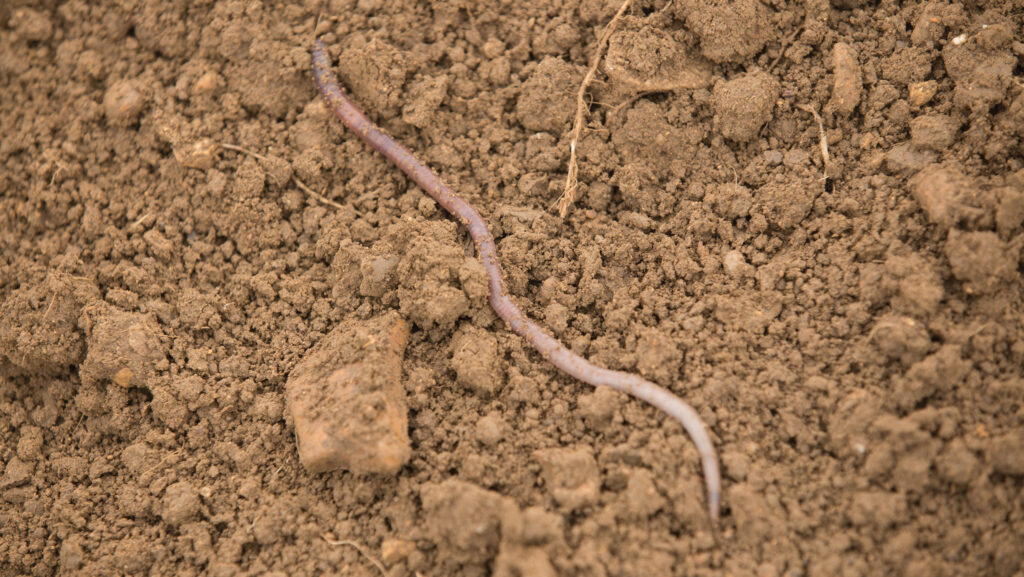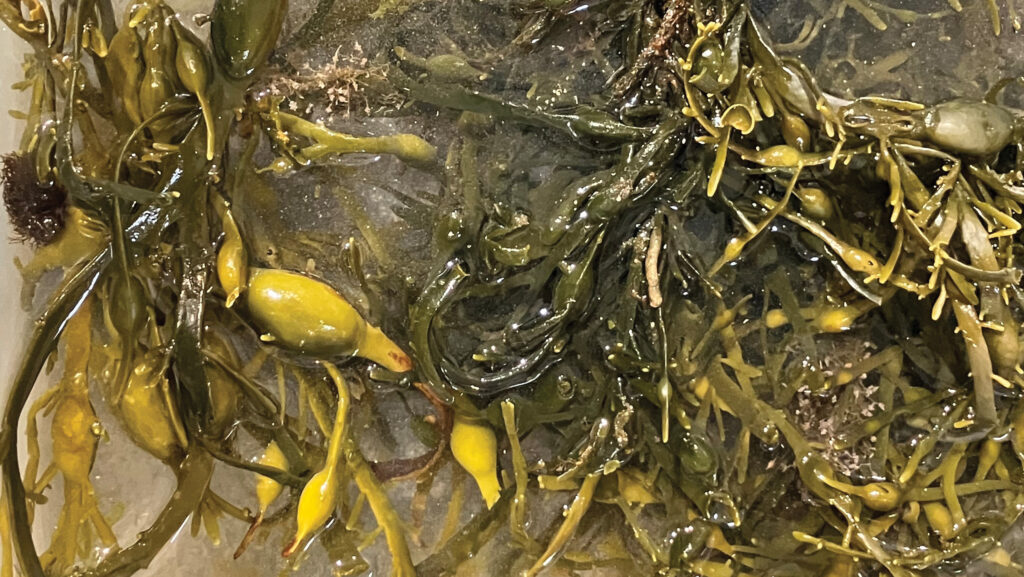7 organically approved soil amendments to boost cropping systems
 © Tim Scrivener
© Tim Scrivener Healthy soil is the foundation of a thriving cropping system. Below, are a variety of organically approved soil amendments that can help farmers enhance soil health and productivity.
“The ultimate goal is not just to feed the crop but to feed the soil, explains Tom Tolputt,” co-founder and consultancy director at soil specialist firm Terrafarmer.
Each soil amendment has a unique role in supporting soil health, but most products are effective when used as part of a balanced programme.
See also: Somerset farmer grows cereals without plough or herbicides
1. Fish Hydrolysate
Fish hydrolysate is a natural nitrogen source made by enzymatically breaking down whole fish into a liquid form rich in amino acids, trace minerals, and beneficial oils.
When applied to the soil, fish hydrolysate provides a slow-release source of nitrogen and carbon, stimulating microbial activity and improving nutrient cycling.
Plants can benefit from better root growth, stronger vegetative development, and increased resistance to stress, notes Tom.
2. Molasses and humates
Molasses and humates complement each other as carbon-rich soil enhancers, promoting soil aggregation, and improved nutrient uptake into the plant.
“Molasses is a quick-acting carbon source, which can help crops grow through period of disease stress. Humates are a slow-release carbon source.
“There are new sources which have been given organic approval in the last 18 months,” says Tom.
Molasses supplies simple sugars that feed beneficial soil microbes. This biological boost can help break down organic matter and release nutrients into plant-available forms.
Humates are derived from ancient organic deposits and act as natural chelators, improving nutrient uptake and water-holding capacity.
3. Seaweed extract
Seaweed extract is often a mainstay in organic fertility programmes.
It is rich in micronutrients and growth hormones such as cytokinins and auxins, which naturally promotes root growth and stress tolerance.
Applied as a foliar spray or soil drench, seaweed extract helps plants to recover from environmental stress such as drought or heat.

© MAG/Emma Gillbard
It also supports microbial activity in the rhizosphere and improves the plant’s natural resistance to pests and diseases.
As there are varying seaweed products available on the market, Tom recommends opting for a product which has a lot of trial research behind it.
4. Gypsum and fine limestone
Gypsum (calcium sulphate) is essential for correcting soil imbalances and, until now, we haven’t had an organically approved gypsum available before, explains Tom.
“Gypsum really is a wonderful product. Applied to high magnesium soils it can help open up clay platelets and promote flocculation – the binding of soil particles into stable aggregates, to enhance soil structure and drainage,” he says.
Gypsum contributes positively to the Cation Exchange Capacity (CEC) and nutrient storage in the soil. Calcium also strengthens cell wall development and overall plant health.
Calcium-based amendments such as fine limestone (calcium carbonate) are also beneficial.
Limestone raises soil pH in acidic conditions, while gypsum adds calcium and sulphur without raising soil pH.
5. Compost teas and microbial inoculants
Microbial inoculants introduce or reinforce beneficial microbial populations to the crop and soil. By strengthening the soil microbiome, inoculants create a more resilient and self-sustaining ecosystem.
They are often applied via foliar feeding and can live on or pass through the leaf with some translocated around the plant and through the roots.
Compost teas are made by mixing dry compost, ideally with non-chlorinated water, which is aerated in a large vat to multiply the micro-organisms.
“Fresh rain water is an excellent source,” notes Tom.
These microbes go on to form symbiotic relationships with plants roots, breaking down complex carbon compounds and returning nitrogen to the soil, allowing the crop to naturally absorb more nitrogen and phosphorus.
6. Biocat biostimulant
Biocat+ OSAA is an organic biostimulant used to enhance crop growth by stimulating the root system to increase nutrient uptake.
It contains a mixture of micro-organisms, including bacteriophages, archaeaphages, and mycophages, which modulates the soil’s microbial ecosystem.
7. Humistart
Humistart is a granular soil conditioner which biologically encourages the breakdown of organic matter, releasing nutrients, making it more available to the crop.
It contains a combination of microbial feeds known as Minactv, which aims to enhance soil bacteria and fungi activity. It also contains highly soluble marine calcium to optimise soil pH and improve soil structure.
Tom Tolputt was speaking at a recent Soil Association event on healthy soils
